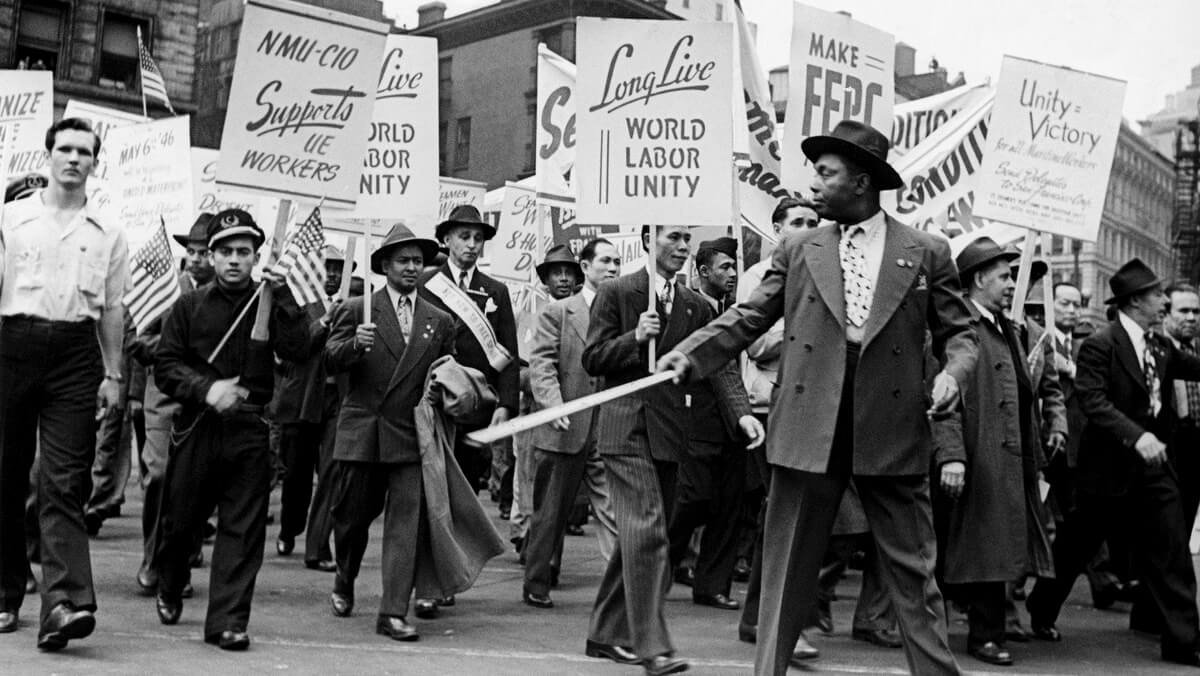
The Executive Exemption
The Executive Exemption applies to any employee:
(a) Whose duties and responsibilities involve the management of the enterprise or of a customarily recognized department or subdivision thereof;
(b) Who customarily and regularly directs two or more employees;
(c) Who has authority to hire or fire other employees or whose suggestions and recommendations as to the hiring or firing and as to the advancement and promotion or any other change of status of other employees are given particular weight;
(d) Who customarily and regularly exercise discretion and independent judgment; and
(e) Who is primarily engaged in duties which meet the test of the exemption; and
(f) Who earn a monthly salary equivalent to no less than two (2) times the state minimum wage for full-time employment.
It is the employer’s burden to prove every requirement. If even one of the above does not apply to you, you are not exempt.
Management of the Enterprise and Supervision of Employees
It is not sufficient to simply have a fancy title or supervise a diffuse group of employees. You have to spend at least 50% or more of your day in charge of either the entire business itself or a recognized department or subdivision of the business. “Department or subdivision” means “a shift of specific workers, performing the same primary function as a permanent unit operating within a larger organizational structure, and recognized and supervised as such within that organization…” (In re United Parcel Service Wage and Hour Cases (2010) 190 Cal.App.4th 1001, 1017 [emphasis added].) As the head of that subdivision of unit, you must also supervise at least two employees. No “divisions” of one.
Frequent problems arise when employees have to “multitask,” particularly in retail or grocery stores. Can you supervise employees while at the same time performing non-exempt tasks? For instance, can you bag groceries while simultaneously supervising your new cashier? In California, the answer is no, if the “primary purpose” of the task is not managing the enterprise or the subdivision. The employer (and the jury) has to pick one purpose for the task and categorize it accordingly.
Authority to Hire and Fire
In addition to supervising employees, an exempt employee must also have the power to hire and fire. The ability to suggest hiring and firing decisions, along with proof that those decisions were given particular weight, is sufficient. We see this exemption fail on this criteria alone frequently.
“Primarily Engaged”
In California you must be “primarily engaged” in exempt duties. This means you must actually spend more than half of your time performing managing the enterprise or one of its subdivisions. Under Federal law, courts will look to the “primary duty” of the employee’s job, rather than how they spent their time actually working. This is sometimes referred to as the “qualitative (Federal) vs. quantitative (California)” approach.
Exercise of Independent Judgment
This is a frequent area of disagreement in litigation. Discretion and independent judgment “implies that the employee has the power to make an independent choice free from immediate supervision and with respect to matters of significance…” (Nordquist v. McGraw-Hill Broadcasting Co. (1995) 32 Cal.App.4th 555, 573 [emphasis added].) Matters of significance “are those of substantial significance to the policies or general operations of the business of the employer.” (Ibid.) “An employee who merely applies his knowledge in following prescribed procedures is not exercising discretion and judgment” of the sort associated with executive level work. (Ibid.) For example, identifying problems and reporting them to management are indicative of a non-managerial role. Deciding to do work tomorrow rather than today is not “significant.” Deciding to hire someone or fire someone, or deciding whether to purchase a new company or asset for the business, or deciding to make a loan or sign important documents, on the other hand, can be “matters of significance.”
Monthly Salary Requirement
You must earn double the minimum wage per week on a salary basis. This means you must get paid the same amount of money every two weeks no matter how much you work. While your employer can provide you bonuses for extra work and still qualify for the salary basis test, your employer cannot deduct wages for missed work, unless you miss a full day. Your employer can deduct missed hours from vacation pay, however. This is usually a simpler analysis than the other factors, since this is usually apparent from paychecks.
